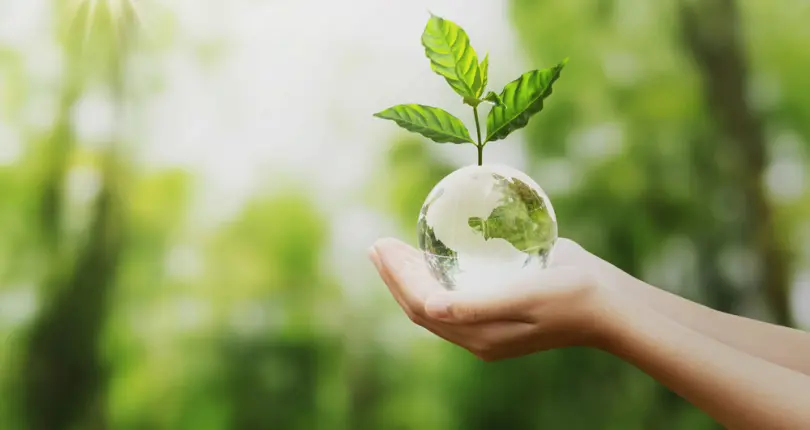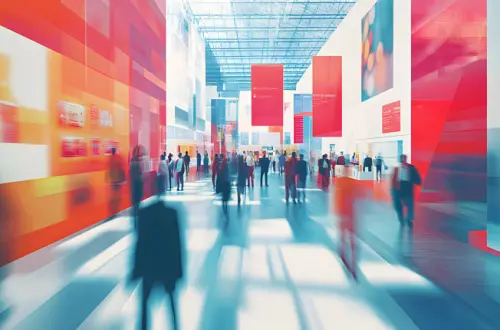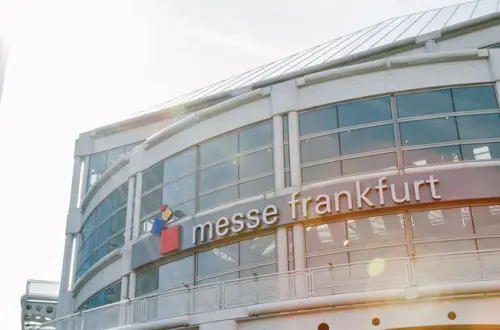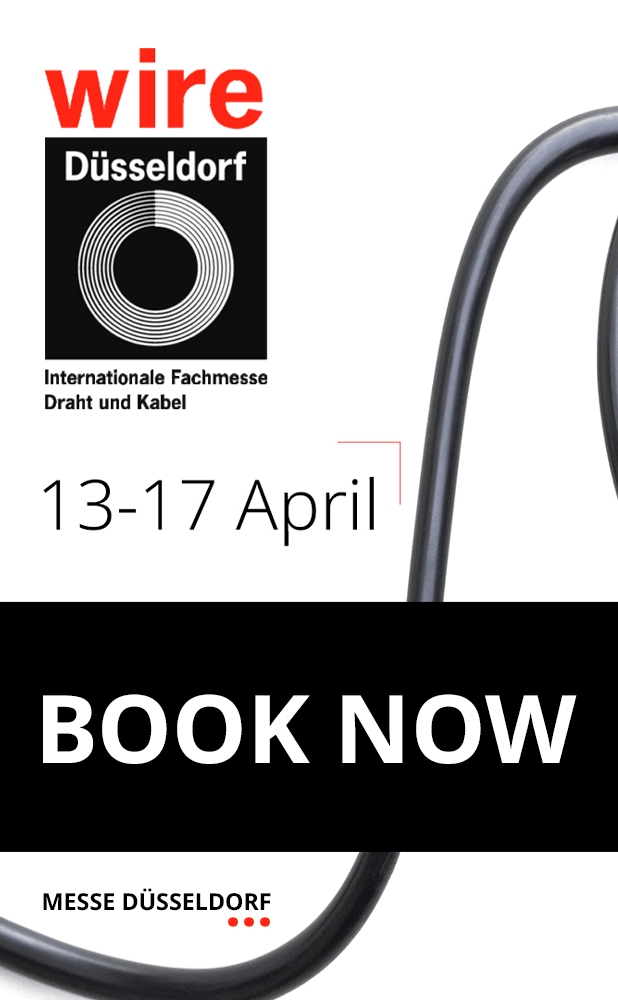Wider Trends in Environmental Protection Technologies and Two Trade Fairs That Best Explore Them
The recent onslaught of weather extremes has showcased just how destructive climate change is and has further pushed for changes in legislation and strategies to overcome the disastrous future ahead. The biggest attention falls onto the process of carbon offsetting as a means to enter a state of carbon neutrality. When we talk about carbon offsetting we’re talking about making up for the emission of CO2 or other greenhouse gases into the atmosphere. In simplest terms, this happens when projects either remove greenhouse gases from the atmosphere or prevent some greenhouse gases from being released.
This is the single most effective way to turn back the hand of the Doomsday Clock back and lower the global temperature, or at least stop it from further climbing. There are multiple strategies to get the necessary results such as pursuing Net Zero Targets and creating new energy targets that have to deal with ending dependency on fossil fuels. Environmental bills and plans to help individuals offset their own carbon footprints are also placed into motion. Technology is definitely at the heart of this transition and leads the charge towards a greener future.
Parallel to these efforts, companies and organisations are working towards bringing in technologies to lead the fight for water conservation and filtration, sustainable food growth and upcycling and waste management solutions that help create true circular economies. To this end, we’ve decided to highlight two integral trade fairs that spearhead all these movements.
We open with Munich-based IFAT, which showcases the work done within sewage, waste and raw materials' management sectors, which are foundational for environmental protection since the waste production over the course of the last decade has only increased significantly. IFAT has had continued success for 50 years and has branched off into China, India, Eurasia and Africa. Every two years, exhibitors, buyers and experts congregate and embrace the new technological horizons before them. This is an area that’s rapidly evolving.
The product portfolio extends to industrial waste management, power generation, pump control valves, industrial dust control technology, air purification, soil treatment, storm water collection technology, water supply engineering and so much more. What’s especially useful for visitors to IFAT is the series of solution tours, which are guided tours organised around specific topics of interest like “Future of water—access and quality”, “Sustainable cities and municipalities” and “Intelligent drives and zero emissions”.
The complimentary information programme fills any gaps in your knowledge with a series of keynote speeches and seminars.
Moving South to Rimini, Italy, we encounter the annual ECOMONDO, which labels itself as the ‘reference event in Europe for the ecological transition and the circular and regenerative economy.’ This important trade fair combines all the major sectors concerned with the circular economy – Waste & Resources, Water & Monitoring, Circular Bioeconomy, Reclamation & Hydrogeological Risk. These are the building blocks towards transforming all the waste and contaminated sites into useful resources that will help regenerate the economy and world at the same time.
You’ll encounter innovative technologies and solutions on reusing and recycling of waste water for civil and industrial irrigation, waste processing technologies and machinery, decontamination and regeneration of polluted sites, hydrogeological instability and reforestation, biomass, bioliquids, biogas, processes and products, circular bioeconomy, biomaterials, blue economy, and
aquaculture and fishing.
In 2022 specifically, ECOMONDO has put in effort into tackling two of the most wasteful sectors in the world – textiles and foods. The Textile Hub aims to minimise the harmful manufacturing processes in the fashion industry as a whole and unites waste producers, operators, recoverers, institutions, consortia and trade associations, research and development institutes. How can we achieve sustainable textile production? How can we minimise textile waste? Food waste is a chief issue in modern, western societies. A working objective is to reduce and prevent food waste not just through technological means, but also best practices that prevent from food actually ending up in garbage bins. What is the future of post-consumption phases? How can we reimagine them for a better future?
ECOMONDO also works towards showcasing the brilliant new Italian and international startups, which will fully redefine the industry as a whole. The trade fair promotes these companies and takes advantage of the Start-up & Scale-up Innovation initiative organised by Italian Exhibition Group SpA.








